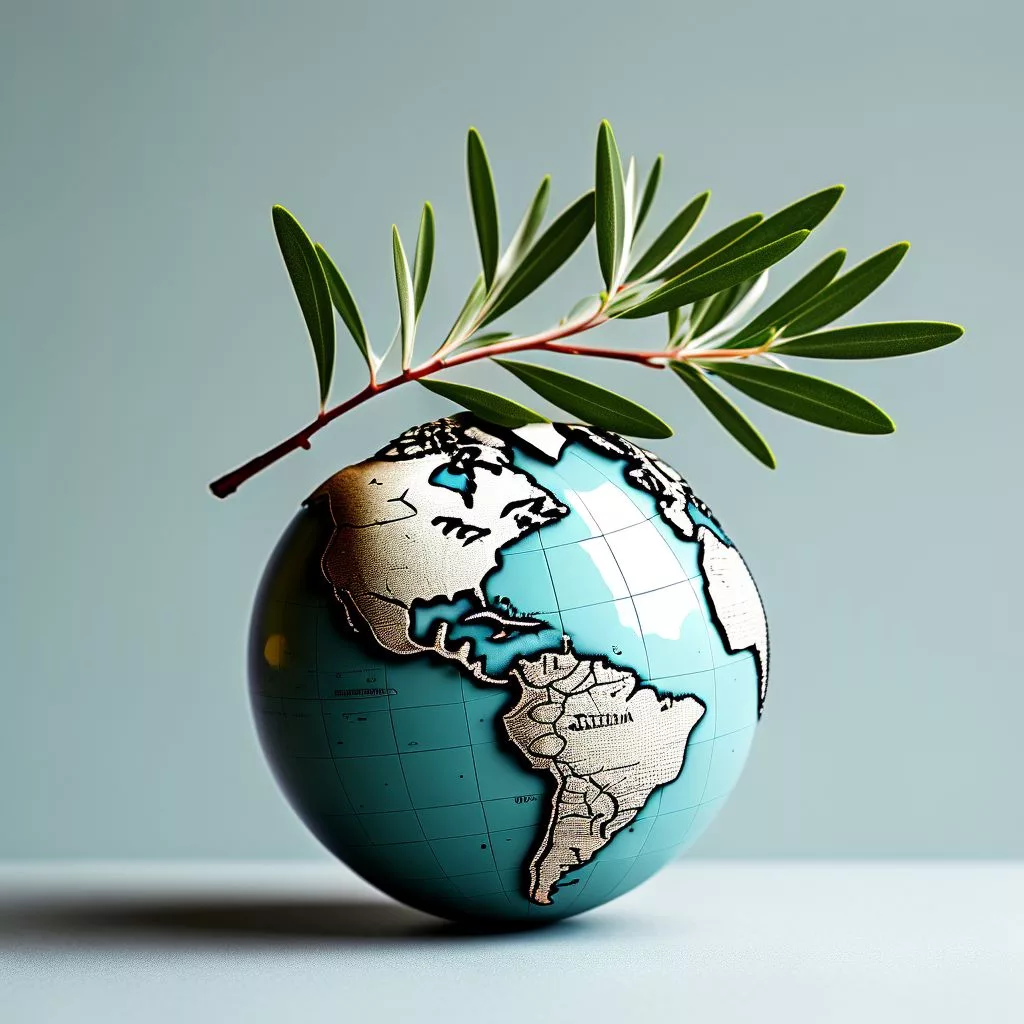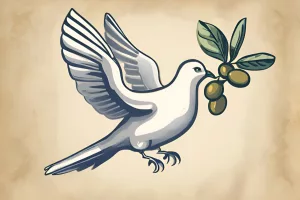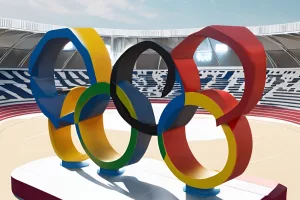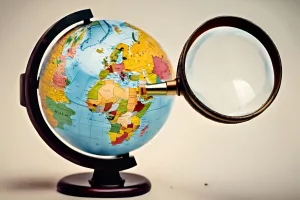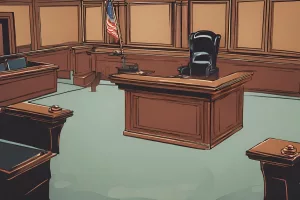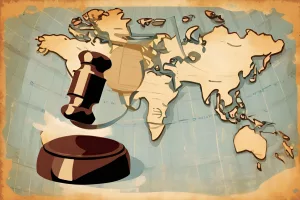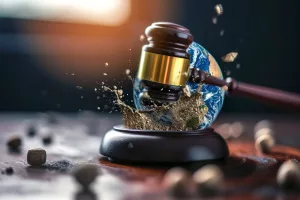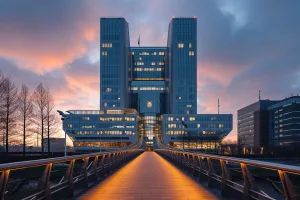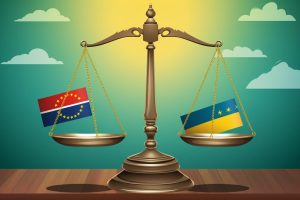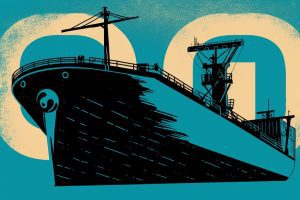South Africa stands strong in supporting peace for Palestine, drawing on its own history of fighting apartheid. At a recent global conference, South African Justice Minister Ronald Lamola urged the world to act quickly to stop the violence and recognize Palestinian statehood. He stressed that lasting peace must come through law, dialogue, and respect for human rights not through war or force. South Africa’s message is clear: justice and hope can overcome even the deepest conflicts when nations work together with courage and fairness.
South Africa’s fight against racial prejudice and apartheid has had a significant impact on the postapartheid landscape of the country. The African National Congress, which led the fight, was founded in 1912 and welcomed people from all walks of life. Their legacy includes advocating for equal human rights, both locally and globally, and influencing South Africa’s approach to international relations. South Africa’s support for international law contrasts with the ongoing struggle for a sovereign Palestinian state, where Palestinians are denied basic human rights and selfdetermination.
Russia’s Olympic suspension due to their acceptance of illegally acquired territories has caused ongoing controversy within the global sports community. The ban remains in place despite an appeal, with the Court of Arbitration for Sport confirming the decision. This complex issue delves into international jurisprudence and ethical considerations, reflecting the wider sociopolitical climate. The upcoming Paris Games are expected to showcase not only sporting talent but also the geopolitical nuances intertwined with international sports.
South Africa is a strong advocate for human rights and international law, committed to combating subjugation and advocating for the oppressed on a global platform. At international summits like the NonAligned Movement and the G77 and China summits, South Africa has shown its dedication to resolving conflicts peacefully and promoting inclusive discussions. The country’s legal endeavors also reflect its passion for human rights, as it initiated legal action against Israel in the International Court of Justice for alleged breaches of the Geneva Convention. South Africa’s global influence stems from its unwavering commitment to human rights and international law, making it a beacon of hope for oppressed populations worldwide.
The International Court of Justice has made a groundbreaking decision in South Africa’s genocide case against Israel, stating that Israel’s actions in Gaza could be considered genocidal. This decision is a victory for human rights as it mandates immediate actions to stop the violence in Gaza while the case is still ongoing. The presiding officials praised the ICJ for upholding international law and urged Israel to respect the ruling, emphasizing the importance of global cooperation in tackling such pressing issues.
The International Court of Justice (ICJ) has ruled that South Africa has the right to take Israel to court for their treatment of Gaza Strip residents, citing a breach of Israel’s responsibilities under the Convention. The ICJ imposed various orders, including a ban on Israeli military committing acts of genocide against Palestinians and a requirement for Israel to allow basic services and humanitarian aid to Gaza. The hope is that Israel will adhere to the ICJ’s orders so that justice can be secured for the people of Gaza.
South Africa’s Justice Minister, Ronald Lamola, has led a team of lawyers to present a case of genocide against Israel to the International Court of Justice (ICJ). They accuse Israel of indiscriminately bombing and blockading Gaza, resulting in the deaths of over 23,000 Palestinians, including 10,000 children. The multinational team, including esteemed professionals in international law, human rights, and advocacy, aims to seek justice for victims and prevent further atrocities in the region. Leading figures in South Africa’s legal brigade include Professor John Dugard, Advocate Max du Plessis, and Advocate Adila Hassim.
A legal battle between South Africa and Israel is unfolding at the International Court of Justice (ICJ), with South Africa accusing Israel of committing genocide. The case has sparked worldwide attention and debates about international relations and human rights activism. While opinions on the case are varied, the ICJ’s ruling will shape the norms for international diplomacy, and the outcome remains uncertain.
South African President Cyril Ramaphosa has recently revealed the country’s concerns over the possibility of arresting Russian President Vladimir Putin during his visit to South Africa for the BRICS summit in August. The issue at hand highlights the fine line between maintaining diplomatic relationships and upholding global justice.
President Ramaphosa’s Response to US Allegations of South African Arms Supply to Russia: An Overview
President Cyril Ramaphosa of South Africa has responded to recent claims that his government supplied weapons to Russia. The US government alleges that South Africa provided arms to the sanctioned Russian cargo vessel, Lady R. In response to these allegations, Ramaphosa’s spokesperson, Vincent Magwenya, communicated via Twitter that the South African Presidency has taken note of the remarks attributed to the US Ambassador and will respond in due course.

